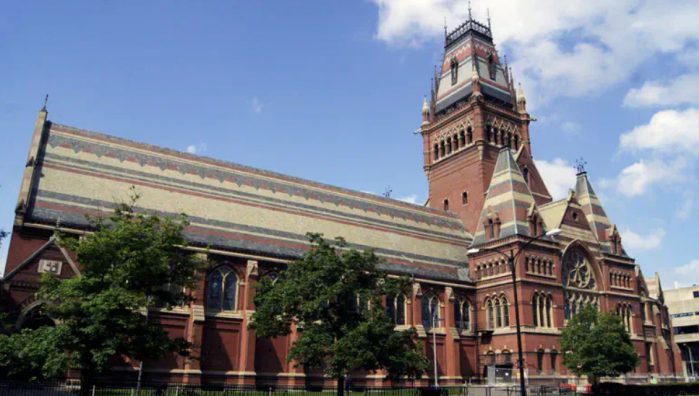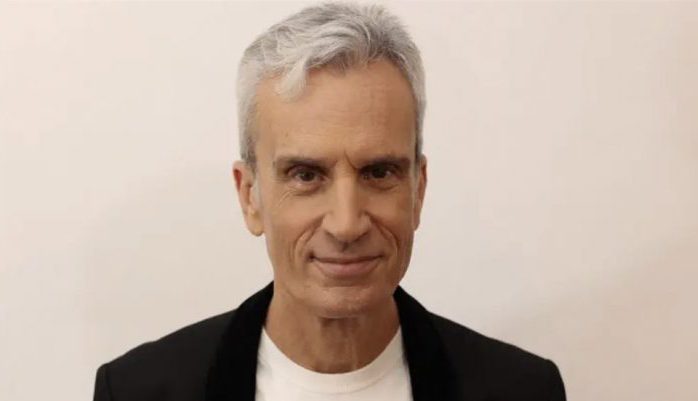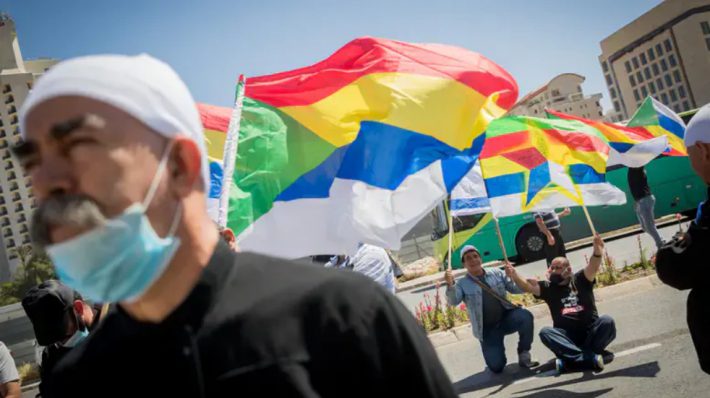Harvard is reportedly negotiating a record-breaking settlement with the Trump administration — potentially over $500 million — to resolve civil rights probes into its handling of antisemitism against Jewish and Israeli students.
Harvard University is in high-stakes negotiations with the Trump administration to resolve federal civil rights investigations over its alleged failure to protect Jewish and Israeli students from rising antisemitism on campus, The New York Times reported.
Sources familiar with the talks say the settlement could shatter records — exceeding $500 million, more than double the $200 million recently agreed upon by Columbia University in a similar case.
While Harvard has reportedly signaled a willingness to meet most of the administration’s demands, one major sticking point remains: the university’s refusal to accept an external monitor, a measure Columbia agreed to. Harvard leadership fears such oversight could set a dangerous precedent under the current administration.
The standoff comes amid a sweeping crackdown by the Trump administration, which has accused Harvard of enabling a hostile environment for Jewish and Israeli students. In recent months, the administration has:
- Frozen over $2 billion in federal research funding to Harvard.
- Called for revoking the university’s tax-exempt status.
- Announced plans for the Department of Homeland Security (DHS) to issue subpoenas over alleged misconduct by foreign students.
- Issued a proclamation barring new foreign students from entering the U.S. to attend Harvard — a move temporarily blocked by a federal judge.
Adding to the pressure, Harvard recently released two internal reviews detailing widespread incidents of discrimination against Jewish, Muslim, and Arab students during last year’s protests. The reports revealed that many students feared retaliation or marginalization for expressing political views.
Despite the damning findings, the Trump administration’s position is clear: Harvard must overhaul its approach to campus antisemitism or face crippling legal and financial consequences.
If the settlement is finalized, it would mark the largest payout in U.S. higher education history for a civil rights case — and could reshape how elite universities handle allegations of discrimination going forward.





